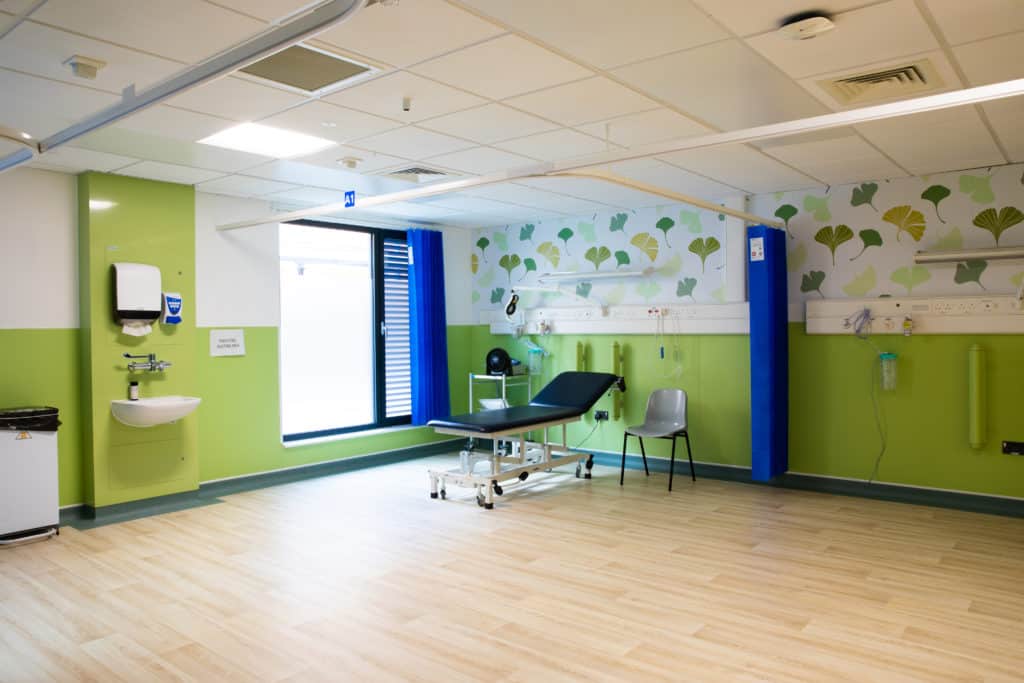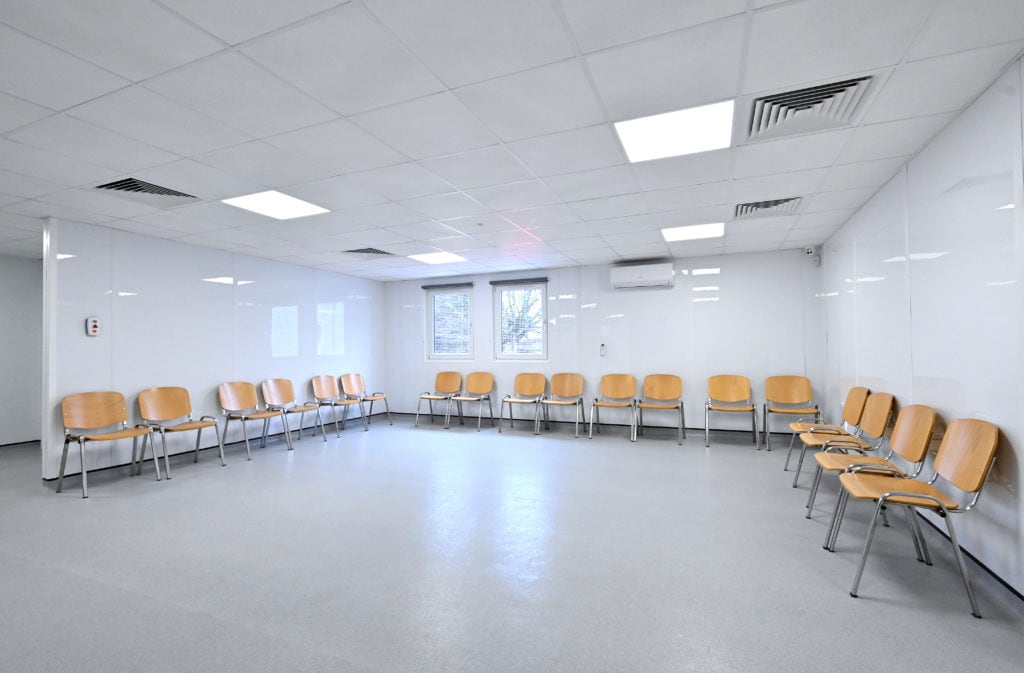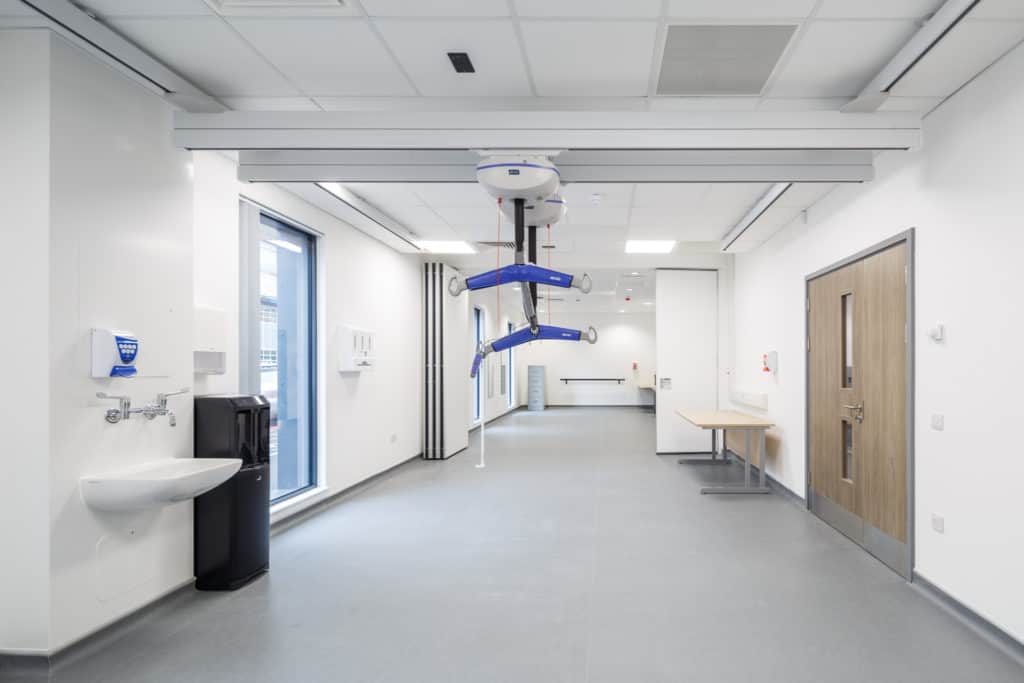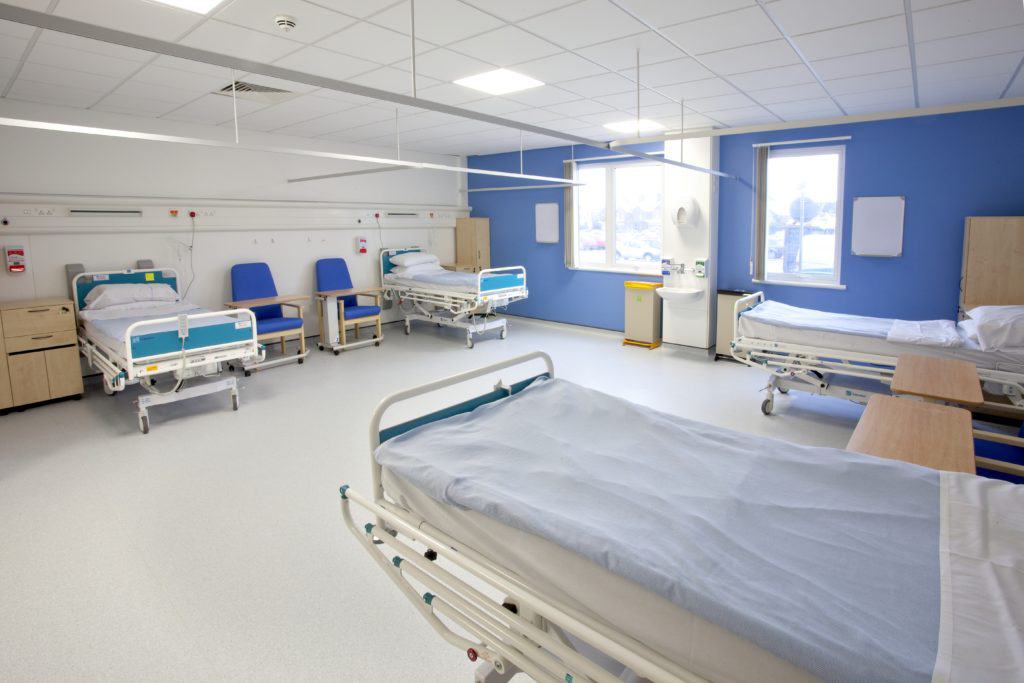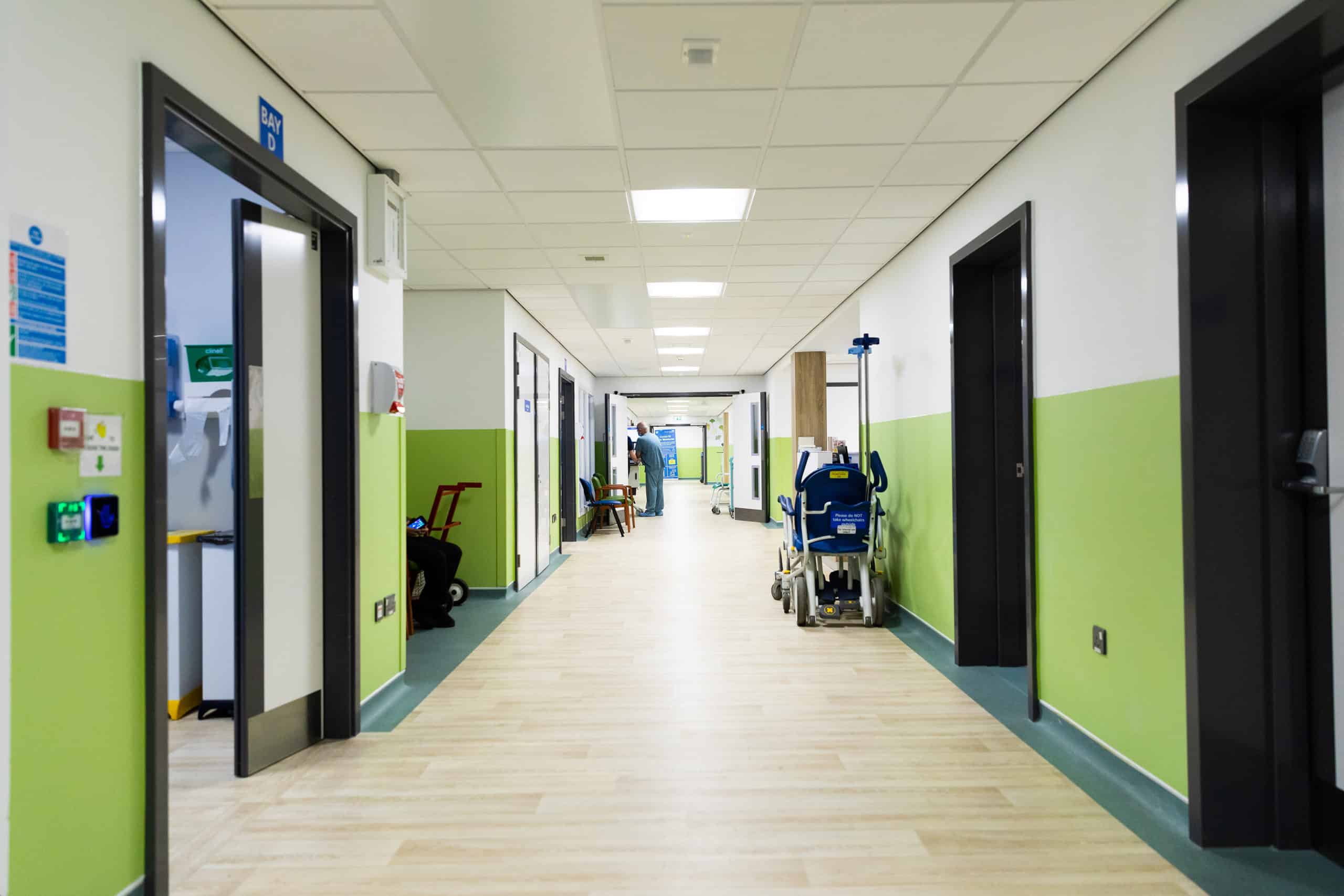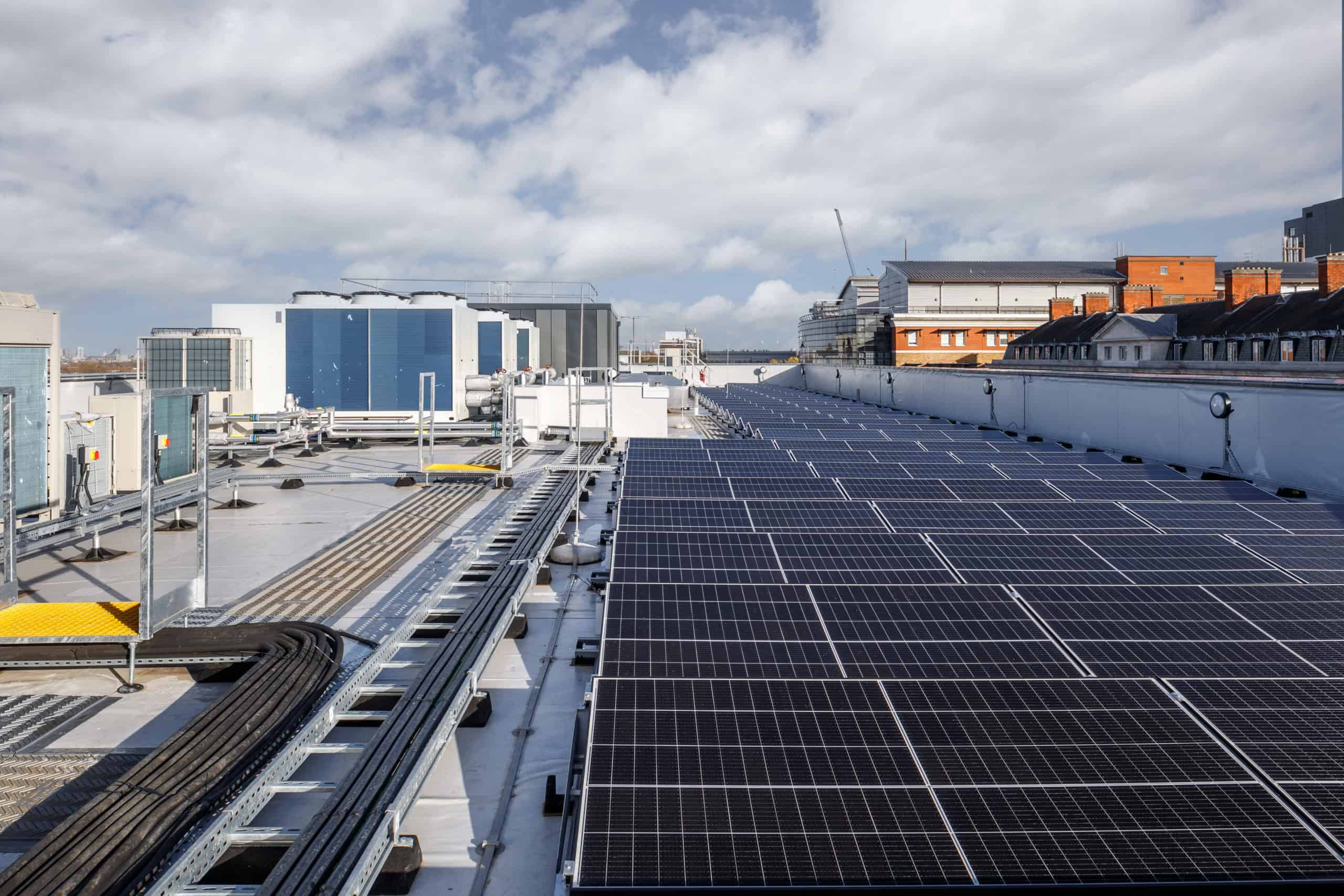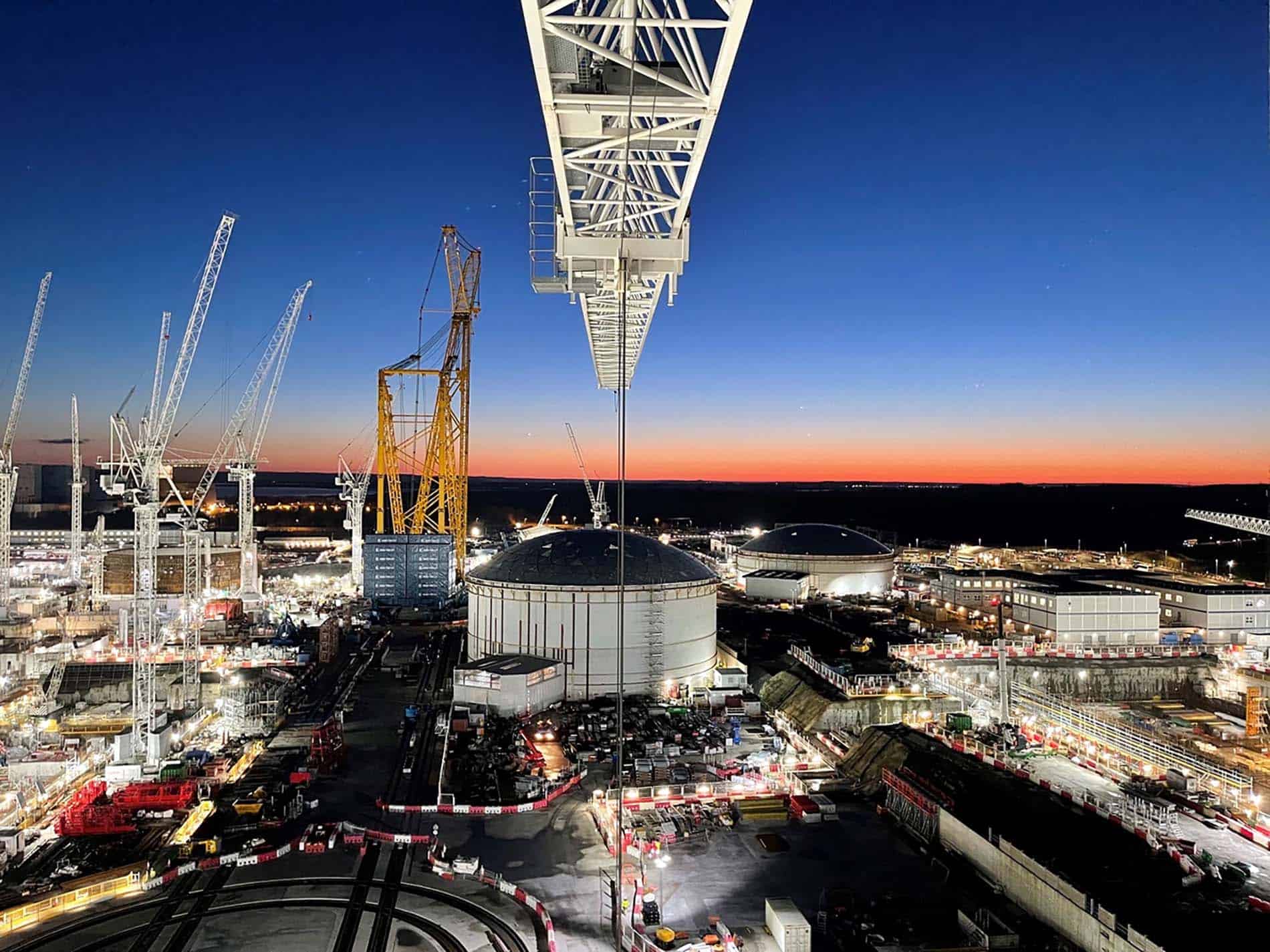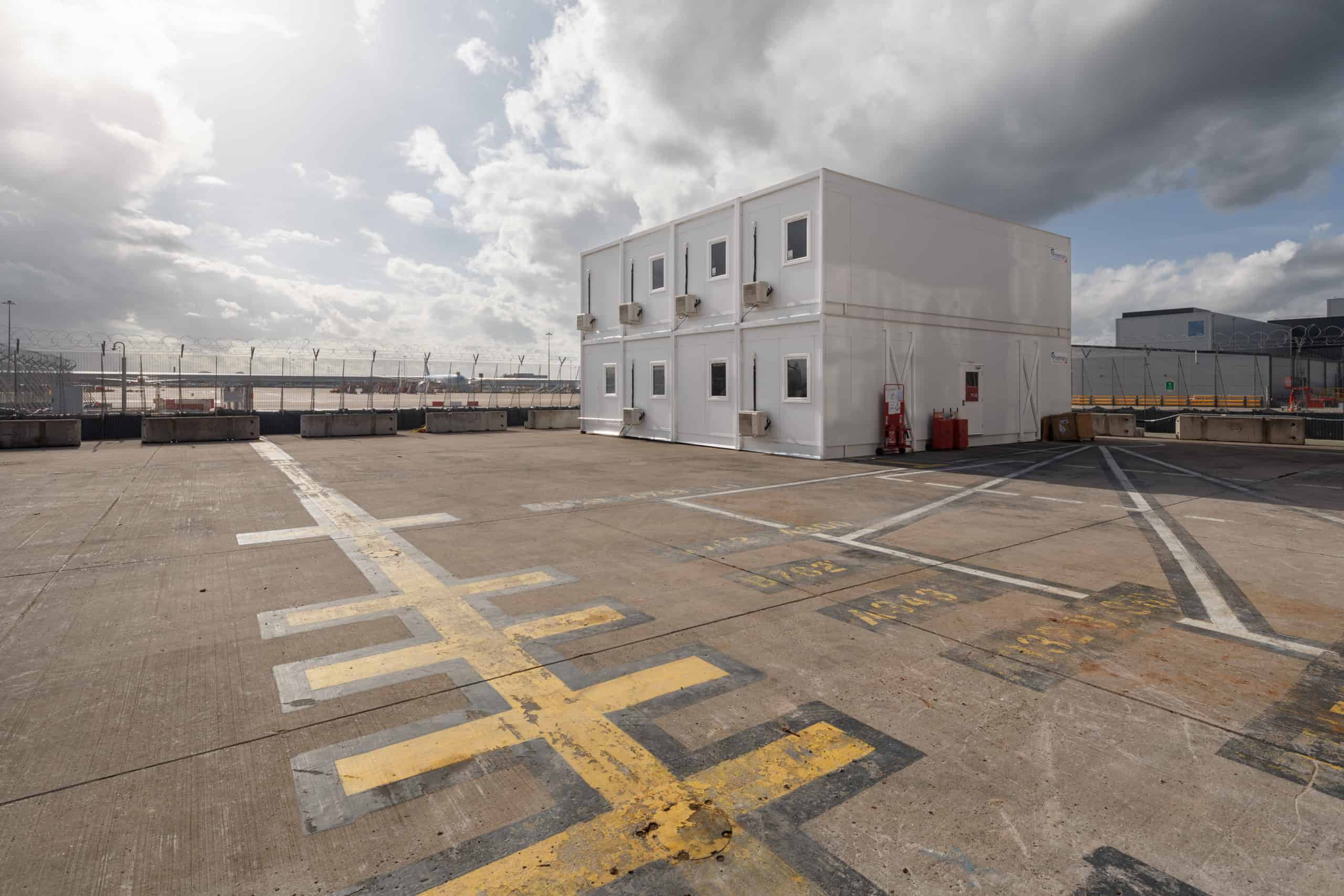The capacity of the NHS healthcare system continues to be put to the test by the country’s unpredictably shifting needs, which include pandemic backlogs, social care emergencies and high winter demand peaks.
To keep up with these shifting needs more spaces, such as medical discharge lounges, ambulance units, decant facilities and bed spaces, are rapidly needed.
Healthcare’s ever-changing needs
Many NHS Trusts are unaware of what they may require, even in the near future, as healthcare needs are continually evolving.
Currently, the NHS is being dragged in different directions, resulting in a perfect storm as a result of:
- Wintertime demands
- COVID-19 backlog
- Staffing issues
- Inadequate amenities
- Crossovers in social care
- Increased number of patients
- Increasing patient throughput.
These issues serve to intensify and compound one another, potentially stretching the NHS to its breaking point.
The healthcare demand cycle
Following the reduction of winter pressures, healthcare trusts must deal with the next set of requirements. All of this limits the NHS’ ability to provide for elective medical needs.
As summer approaches, it’s time to concentrate on getting ready for winter once more, once the service has recovered from the bottlenecks of last year.
The NHS is continually faced with a cycle of fluctuating healthcare demands, some of which are more urgent than others. This constant cycle of crises makes it difficult for the NHS to plan ahead and causes Trusts to struggle with issues like outpatient capacity to meet high seasonal demand.
Flu cases are one example of a demand spike that occurs every year. However, because government involvement and other factors change so drastically over time, the NHS is unable to forecast with any degree of accuracy of how effectively it would handle this.
Responding to evolving demands
- Efficiency
Due to the interdependence of all healthcare services, it’s important to free up space in each department, so that it doesn’t block up another stage, for example, when care homes are full and hospitals can’t discharge patients who need care.
In order for the NHS to keep one step ahead, the speed at which relief is delivered is almost as crucial as the form it takes.
These building projects need to be completed and put into place as soon as possible, since plans to reduce the burden on the NHS can be made at the last minute and precariously balanced between competing demands/stakeholders with set income targets.
Off-site modular healthcare units provide additional space at pace.
A modular healthcare building can be constructed in just half the time it would take to construct a typical brick and mortar structure, housing a large number of patients in a matter of weeks rather than months.
- Capacity
The need for more space is driven by the ongoing cycle of unpredictably high service demand, notably for outpatient and social care.
Units in a modular solution can be rearranged after installation to accommodate changes in use or patient volumes by being broadened, lengthened, and stacked. Trusts can hire modular buildings for as long or as little as necessary, modifying and expanding them to match present demands and facility needs, relieving service pressure and capacity.
For instance, Trusts can use decant facilities to account for the NHS’ maintenance backlog.
Modular units can be reconfigured, enabling different services to be provided easily by decanting various departments in and out.
- Flexibility
Bespoke solutions that give complete flexibility could be crucial to meeting these demands, as they take into consideration the demands and challenges that Trusts are experiencing when they’re happening.
If a turnkey solution is required, this can include:
- Planning
- Designing the internal layouts and the foundations
- Linking the modular unit to existing structures
- Confirming that the structure complies with all NHS requirements and healthcare laws, including clinical sign off.
However, temporary healthcare solutions can offer modular shells that end users can fit out with their own designs.
Processes may be changed to create a customised, future-proof solution, removing any hurdles that might be present by collaborating with key healthcare stakeholders that are looking to put together a specific business case.
Procurement and funding options
Frameworks, including NHS Shared Business Services and NHS Commercial Solutions, greatly cut down on the time and expense associated with procurement. For Trusts that are already overburdened, it’s all about making the entire specification and purchasing process straightforward and seamless. The NHS can be sure they’ll obtain the finest building for their money by adhering to the frameworks.
Funding options exist in a wide range of sizes and shapes to reflect a Trust’s specific requirements.
If hiring a temporary healthcare facility, this will be included in OpEx budgets rather than CapEx budgets, enabling Trusts to stretch their financing resources further. This funding can therefore be stretched over a number of years to avoid delays to improvements in service.
A proactive approach can be used for emergency response by actively engaging with knowledgeable modular providers to anticipate where bottlenecks may occur, meeting budget and capacity needs, and most importantly, providing patients with excellent care.
For more information call us on 0800 3160888 or email us at hello@premiermodular.co.uk.
